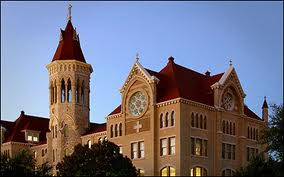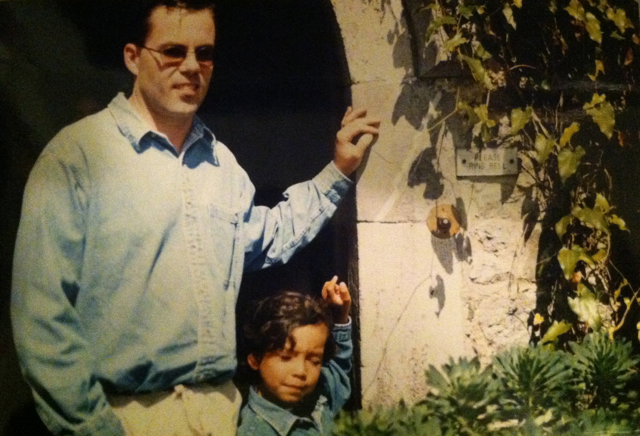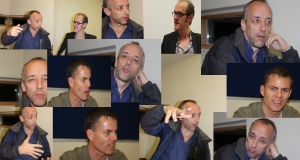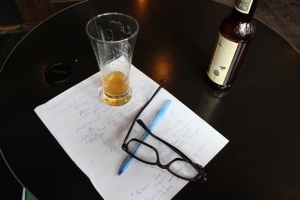 I’m glad the semester’s about to hit. And yes, I do mean “hit.” I’ve loved the summer. Great travels, to England, France, middle Illinois … And to New Jersey and New York before that. Those weren’t my favorite trips, but they were trips in any case (refer to earlier posts – April and May).
I’m glad the semester’s about to hit. And yes, I do mean “hit.” I’ve loved the summer. Great travels, to England, France, middle Illinois … And to New Jersey and New York before that. Those weren’t my favorite trips, but they were trips in any case (refer to earlier posts – April and May).
But, “the semester.” It’s a movement and a moment. I’m glad to get back to one.
This one’s more complex for me than others have been. My first-born starts university this year. She’s a wickedly smart, complex person. She was born a boy named Pádraig, and now is a girl named Freya. She’s traveled her voyage well, and keeps traveling it. She’s an awesome kid, kind of my hero. I wouldn’t have had the courage to tell my parents in my teens that I was transgender and had to change. I wouldn’t have had the courage to start dressing like a girl to go to high school. She’s a brave person in ways I could never approach. I fear for her, but mostly, I admire her.
Over the past few days I’ve been talking with friends whose children are heading to college/university. I feel for them. But for me, the transition’s been very different. I lost my boy a few years ago and didn’t know how to deal with it. I didn’t lose my child. I’ve never stopped loving her. But I was there on the day when s/he was born. My ex-wife and I didn’t want to know the gender of either of our kids in advance. It was my job to say: “It’s a boy!”
That means that I lost my idea of my kid. I didn’t lose my kid, not ever. But I had a boy, then I had a girl. We did these things in an old-fashioned way. Ultrasounds for health, but not for gender. We didn’t want to know. But while we ironically thought back to an earlier, simpler time, we should’ve been thinking to a later, more fluid moment. But what did we know? We were good young liberals, but steeped in tradition.
Over the years s/he became less comfortable in his skin. (I’m using “he” and “his” now because that’s how we knew each other. No disrespect to the change). It was hard to figure out how to help him. I didn’t know what was going on. My culture led me to be very silent about personal matters. I transmitted that to him. His mother did the same. Her culture was very open, but her personality was more private.
So it took her turning 16 and telling us she’d been a girl all her life. It’s been a challenge for her mother and me. It’s been a much bigger challenge for Freya, obviously. She’s the toughest of us all, I think. We can talk about it well now, but it took a while. We’re very happy she’s found herself, and things are good now. But transitions happen. Ours probably wouldn’t make for a good book. No disapproving parents. Just some shock, then a lot of adjustment.
I’ve been trying to teach her to drive. I have a Fiat 500, manual transmission. She’s had some issues with little things, like parallel parking. I told her she might manage it better if she quit the estrogen for a week. She half smiled. We have to have these little jokes. Or maybe I just do. Like I said, she’s the tough one.
And in two weeks, classes start, and she’ll be at my university. I talk to my friends whose sons and daughters are going off to school. They all feel a little weepy. It’s very understandable.
But in my case, I’ll be seeing more of my kid than I have for years. She’s lived with me exclusively for the past 2 years. But now she’ll be on my campus, and in one of my classes. I hope we both make it.
I’m less worried about her than I am about me. She’ll be great.













